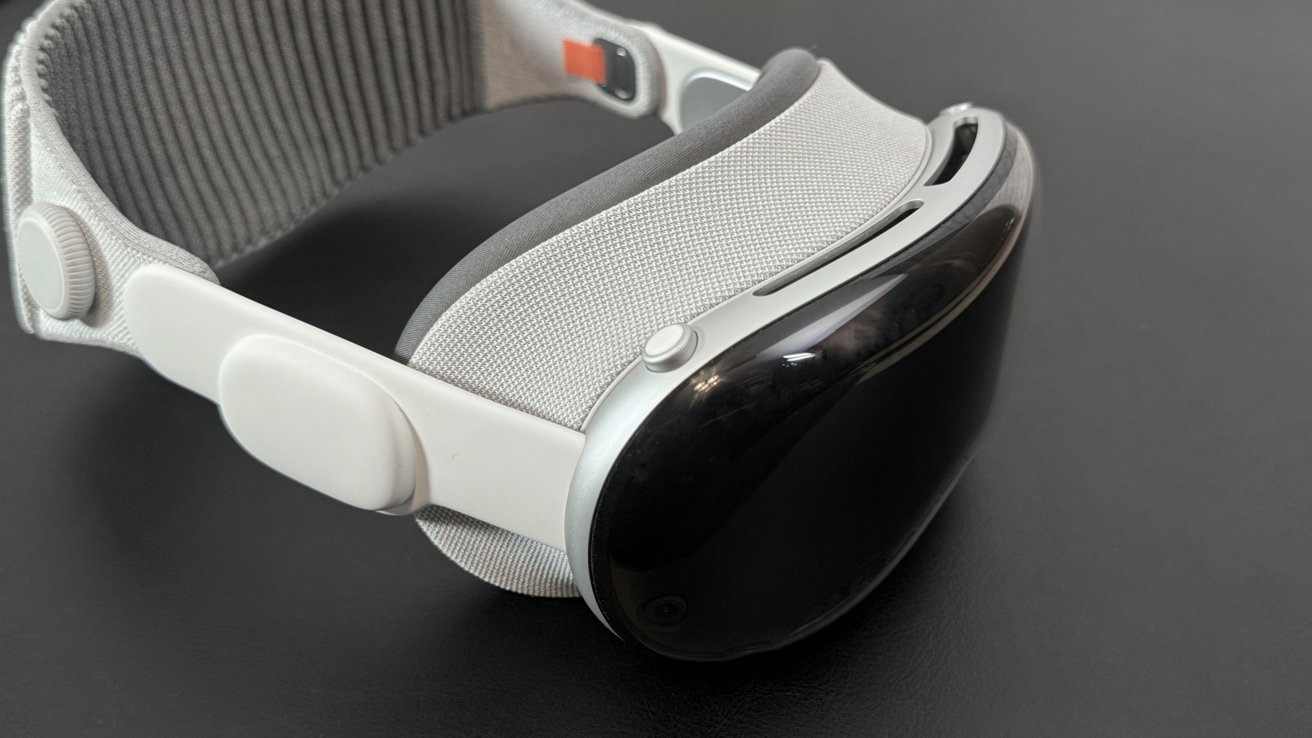During an interview with Joe Rogan about Meta's abandonment of fact-checking and changing rules to allow hate speech, Meta's CEO targeted Apple for lacking innovation since the iPhone.
Meta has always had a bone to pick with Apple, and Meta CEO Mark Zuckerberg is never afraid to discuss the company in interviews. The latest wide swing comes after a perceived lack of innovation, over-reliance on iPhone, and use of proprietary technologies.
The interview itself is covered in detail by 9to5Mac's Chance Miller, breaking down specific segments of the interview. I want to dive into a few of the things Zuckerberg said about Apple.
First, he shares how he's happy that the iPhone exists and how Facebook must have been written around the same time Steve Jobs was working on the device in 2004. The success of the iPhone has always been a bit of a sticking point for Facebook, as it thrives on user data and there's nothing more private than what a user has on its device.
The idea was so powerful that Facebook tried to make its own phone via HTC and several Apple engineers it hired. Ever since that flop, Facebook, now Meta, has tried to find new ways to gather the valuable iPhone user data either through manipulating users to install a VPN or via the EU DMA.
Apple has always taken a strong stance against Facebook and its blatant disregard for user privacy to the point that it targets Facebook's entire business model in many of its updates.
So when Zuckerberg says that Apple's innovations are frozen in time on a product that came out 20 years ago, it's easy to see where that bitterness is coming from. It seems lost on Zuckerberg that his company also released a product 20 years ago that lacks innovation and stands as the profit center for Meta.
Then, of course, Zuckerberg goes in after Apple's "tax" that apparently stifles business and would allow Meta to essentially double its profits if it didn't exist. It's something Facebook has taken issue with before, even trying to bypass Apple's commission with external links.

He continues by suggesting Apple Vision Pro is a more expensive yet worse version than the Meta Ray-Bans, which aren't even in the same product category. He may be confused since he said similar things about how the Meta Quest was also better than Apple's premium headset. Find our comparison here.
To be fair, he does say Apple Vision Pro's sharp screen makes it a better movie viewer than Meta Quest, but it is terrible for interactions and gaming. However, he forgets that Apple Vision Pro is also an excellent productivity and work tool, something Meta Quest just cannot compete with.
The conversation seems to imply that Apple has run out of innovative ideas, that instead it chases other product categories in the market like headsets and glasses. Zuckerberg apparently isn't aware that most of his company's properties are built on stealing ideas from Snapchat, TikTok, and most recently X by absorbing its horrific views on humanity and moderation.
Zuckerberg and Rogan then cover RCS and blue bubbles, where Zuckerberg shares his annoyances with how kids treat colored bubbles as a status symbol. Then he goes on to say he almost exclusively uses WhatsApp, Facebook's own walled garden of messaging services.
The Apple bit of the interview starts around the two-hour and twenty-minute mark, embedded below. It starts with Rogan talking about switching to Android.
Meta owns Facebook, Instagram (via acquisition), Threads (Twitter clone), WhatsApp (via acquisition), and Oculus Quest (via acquisition), and its apps are used by a large percentage of the world's population. Despite its size, influence, and the mountains of data it has at its disposal, it never seems to be enough, and since Apple promotes privacy, Meta is often at odds with the company.
The interview comes after Zuckerberg told the world that Meta was abandoning fact-checking in a move that mimics Elon Musk's X. The company also controversially changed its policies to allow slurs, hate speech, and other language directed at the LGBTQ+ community in posts and groups in the name of "free speech."
The company is abandoning its DEI initiatives and has faced incredible backlash from the changes. Many employees have quit, and Google searches for "how to leave Facebook" have gone up 5,000x.
These changes are a clear attempt to gain favor with the president-elect, Donald Trump, as each of the calls echoes his sentiments and that of his party. Apple CEO Tim Cook has also sought to gain good graces with him, though through less dramatic acts like meeting for a dinner or donating $1 million of his own money to the inauguration fund.
Mark Zuckerberg will likely continue to have problems with Apple going forward, but it remains to be seen if Meta's earned favor with the president-elect will help influence future action against Apple. Regulators are still eying big tech in the United States, and the next four years may see big changes based on who is currying favor.